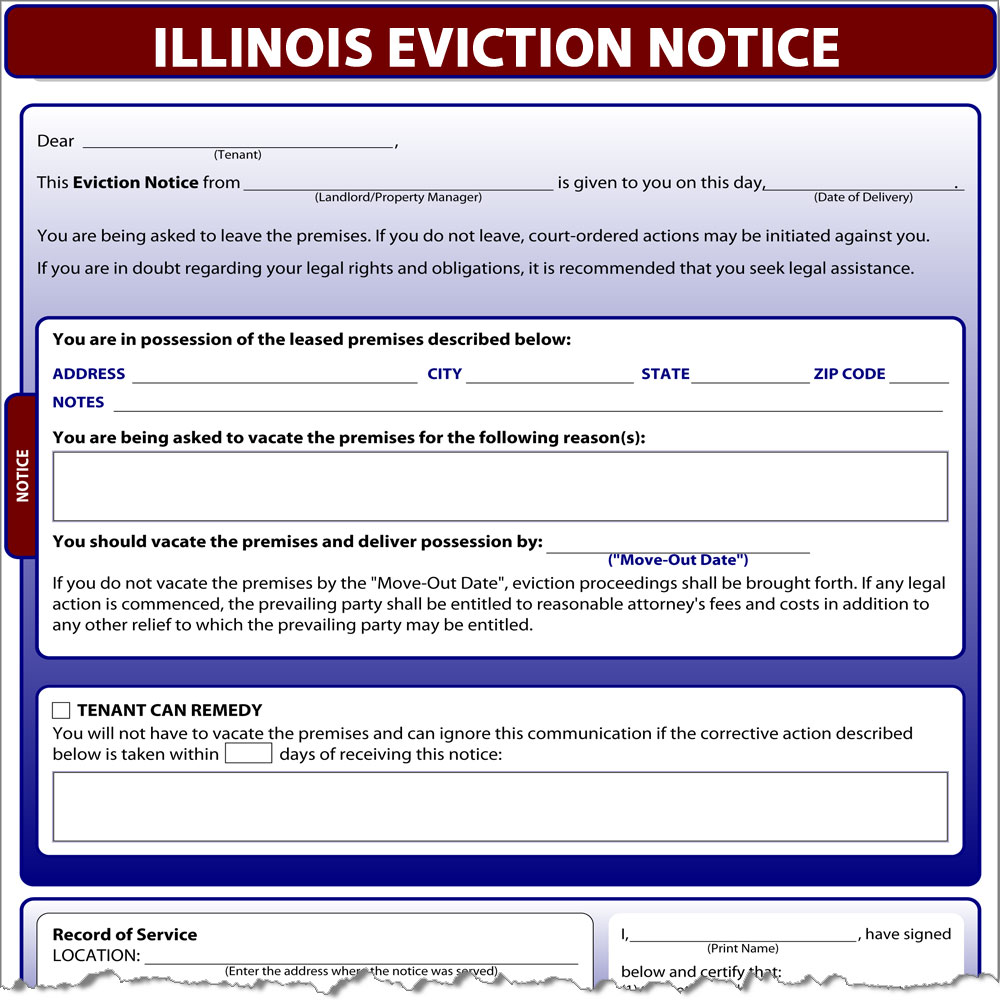Understanding the Timeline: When Does the Eviction Process Begin?
Understanding the Timeline: When Does the Eviction Process Begin?
Blog Article
The idea of being evicted from your property could be terrifying. It's a scenario many individuals trust to never end up in. However, if you're experiencing difficult situations, eviction may develop into a reality. Knowing the timeline of an eviction method might help convenience a few of the stress and enable greater planning. In this information, we'll examine the fundamentals of eviction legislation and answer the problem, when does eviction start?

The first thing to understand is that the procedure of eviction generally begins with the tenant declining to pay for rent on time. With respect to the particular lease contract and state regulations, there may be a grace period which allows for cost without penalty. But, after that window ends, the landlord will take legitimate action. This is commonly known as a Spend or Quit notice. Essentially, the landlord is showing the tenant to often spend the rent owed or vacate the property. This detect frequently gives the tenant a particular timeframe, which varies by state, to comply.
If the tenant doesn't pay or keep within the assigned time, the landlord may then file an official complaint with the court. That file notifies the tenant of the eviction lawsuit and pieces a romantic date for a trial or hearing. The actual amount of time between the complaint filing and the hearing ranges by state, but it's generally a few weeks. During this time, the tenant really has the chance to cover the book owed and avoid eviction.
Assuming the tenant does not spend or come to an agreement with the landlord, the trial or reading takes place. Both events have the opportunity to present evidence and testimony. If the choose principles and only the landlord, a final judgment of possession is likely to be issued. This implies the tenant has a set period of time to vacate the property or be forcibly removed by law enforcement.
The amount of time between the ultimate judgment and the specific eviction differs by state and circumstance. For instance, if the tenant appeals the eviction, the procedure is likely to be delayed significantly. Nevertheless, accepting you can find no further appropriate actions taken, the eviction method usually takes place when 24-72 hours after the ultimate judgment.
It's important to note there are legal procedures that must definitely be followed through the eviction process. Landlords can't merely modify the locks or forcibly remove tenants on their own. Doing this can lead to legitimate trouble and further complications. It's advised for equally events to seek legitimate counsel to make sure proper procedures are increasingly being followed.

Realization:
Experiencing eviction can feel frustrating, but knowledge the eviction method can reduce a few of the stress. Understanding once the eviction process begins and what you may anticipate along the way is an important first faltering step in navigating the situation. While each state has its laws regarding eviction, you will find parallels that may be expected. By dealing with the landlord and seeking appropriate counsel, tenants may assure they are handled pretty and have the perfect outcome.
Report this page